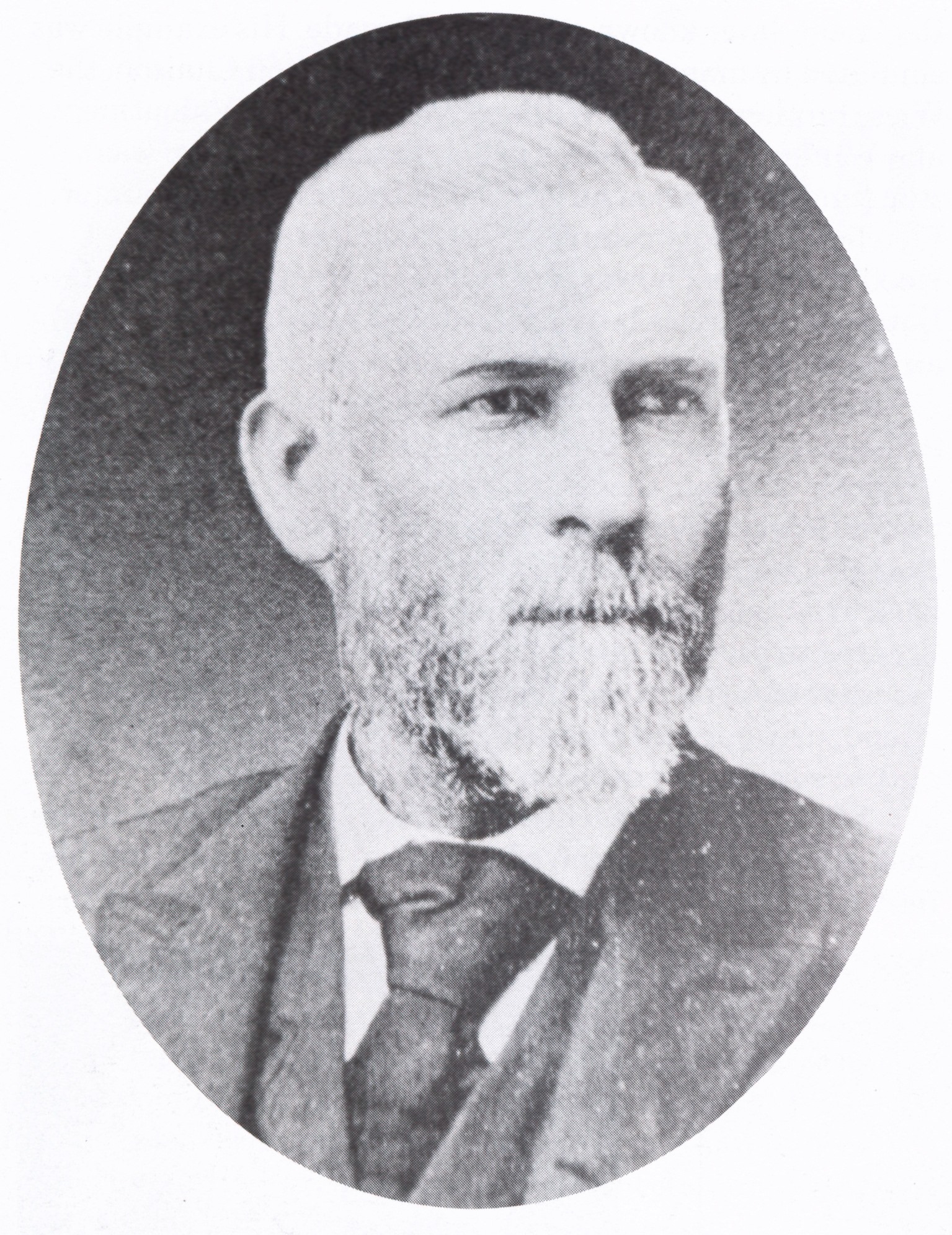ACCIDENTAL MEETING HELPED BEAUMONT GET FIRST HOSPITAL
By Judith Linsley
Special to the Journal
In 1861, when the Civil War began, a young Beaumonter named William Andrew Fletcher joined the Confederate army. At the Battle of Chickamauga he was shot in the left foot. When the battlefield physician stuck his finger in the wound, Fletcher roughly pushed him away with his good foot, which probably saved the wounded one from amputation. He was sent to Augusta and cared for by the Sisters of Mercy, a small group of Irish Catholic nuns.
The Sisters changed the dressing on Fletcher's foot daily and generally gave him what he described as motherly care. "I was in love with the women and the uniform at once and have not gotten over it yet," he recalled in his memoir, Rebel Private, Front and Rear, "for there is a feeling of gratitude uppermost when and where my eyes behold them."
Even when gangrene set in, and the doctors poured acid in the wound, a horribly painful, debilitating treatment, Fletcher still remembered the Sisters for their continual care. Eventually he recovered.
As a Baptist, Fletcher had been taught that Catholics couldn't go to heaven. But war broadened his outlook. As he put it, if a just God could consign them to hell, then "there was no use of me trying." He promised himself that if he survived the war, he would one day repay them for their goodness to him.
After the war was over, Bill Fletcher returned to Beaumont and went into the lumber business. He was widely known not only for his financial success as a lumberman, but for numerous inventions that served the logging industry, and for his generosity to people of all colors and from all walks of life.
In 1897, Fletcher worked with the Sisters of Charity in Galveston to bring a hospital to Beaumont. He donated money and lumber and found a tract of land along the Neches River. Hotel Dieu was the town's first hospital and for many years the only one.
Fletcher's generosity, though it benefited all of Beaumont, brought criticism from some local Protestants. Because he wasn't affiliated with any established church, many of them believed he was an atheist. They couldn't understand his ecumenical attitude, and he couldn't understand their narrow outlook. He was simply a man far ahead of his time.
When Fletcher died in 1915, most of Beaumont closed for the funeral. The Beaumont Enterprise wrote, "It is doubtful if the funeral of any other citizen of Beaumont…was marked by more general recognition."
By then, Hotel Dieu was in a stately red-brick building and had survived through tough times that included a yellow fever epidemic and the 1901 Spindletop oil boom.
So a chance meeting brought about a great good. If Bill Fletcher hadn't joined the army, if he hadn't gotten wounded, if the Sisters of Mercy hadn't saved him, things might have gone very differently.
We humans love to think that we carefully plan outcomes, but the truth is that timing and chance usually have a greater say.

W.A. Fletcher after he made his fortune in the lumber industry